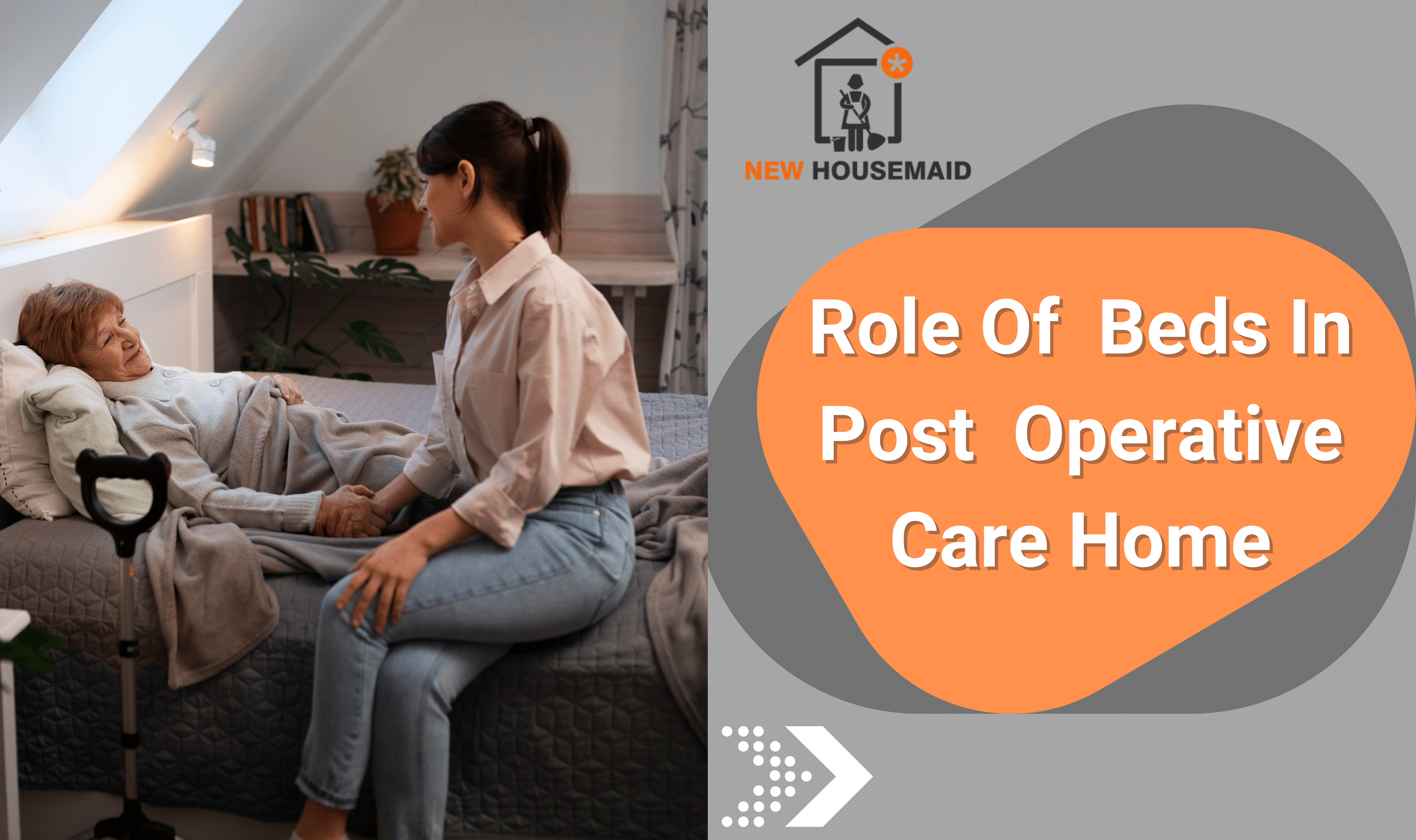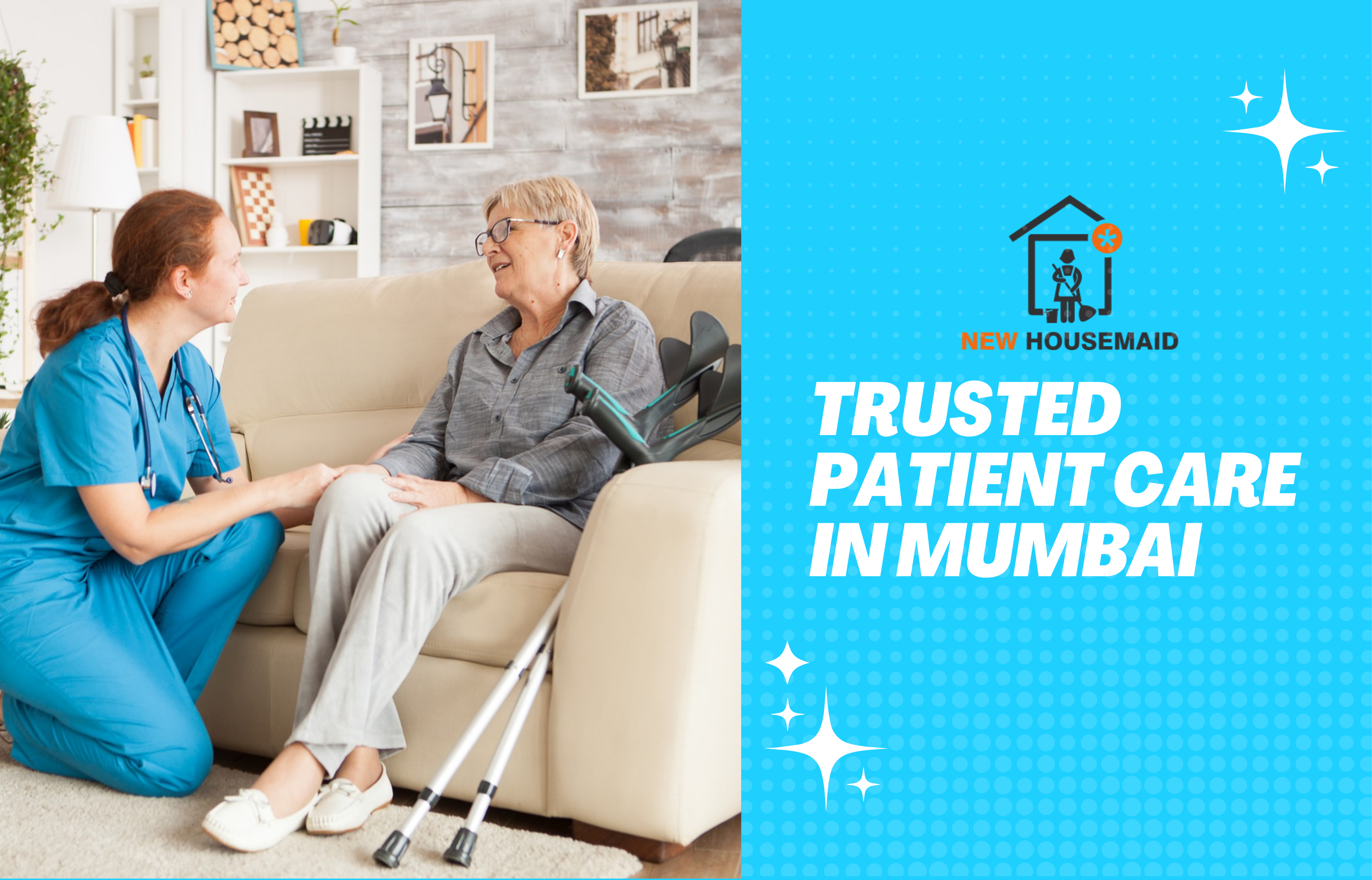
Role of Beds in Post Operative Care at Home
The bed is a critical aspect of post-operative care at home, as it serves as the primary resting and recuperation area for the patient. Here’s how to ensure the bed is optimized for comfort and recovery:
Mattress Selection
Choose a mattress that provides adequate support and comfort for the patient’s needs. Consider factors such as firmness, material, and size to ensure optimal comfort and pressure relief, especially if the patient has specific medical conditions or mobility limitations.
Bed Height
Adjust the height of the bed to facilitate safe and easy transfers for the patient, especially if they have mobility limitations or are recovering from lower body surgery. Ensure that the bed height allows the patient to sit down and stand up comfortably without straining or risking falls.
Bedding
Use soft, comfortable bedding materials such as cotton or microfiber sheets, blankets, and pillows to promote restful sleep and comfort. Consider using extra pillows or cushions to support the patient’s body and alleviate pressure points, especially if they need to remain in bed for extended periods.
Positioning Aids
Use positioning aids such as bed wedges, body pillows, or adjustable bed frames to help support the patient’s body in various positions for optimal comfort and recovery. These aids can help alleviate pain, improve circulation, and prevent muscle stiffness or pressure ulcers.
Bed Rails
If needed, install bed rails or safety rails to prevent falls and provide additional support for the patient when getting in and out of bed, especially if they are at risk of falls or have mobility issues. Ensure that bed rails are securely attached and meet safety standards to prevent accidents.
Bedside Table
Place a bedside table or tray within reach of the bed to hold essential items such as medications, water, tissues, and personal belongings. This allows the patient to access necessary items without having to get out of bed, promoting rest and comfort during the recovery process.
Bed Mobility Aids
Consider using bed mobility aids such as bed assist handles, bed trapeze bars, or overbed tables to help the patient reposition themselves comfortably in bed and perform daily tasks such as eating, reading, or using electronic devices.
Bedroom Environment
Create a calming and relaxing bedroom environment conducive to rest and recovery. Minimize noise, light, and distractions, and use blackout curtains or sleep masks if necessary to promote restful sleep. Keep the bedroom temperature comfortable and adjust bedding layers as needed to maintain optimal comfort.
Regular Maintenance
Ensure that the bed frame, mattress, and bedding are in good condition and free from defects that could compromise comfort or safety. Rotate the mattress periodically to promote even wear and maintain support, and wash bedding regularly to keep it clean and hygienic.
By optimizing the bed for comfort, safety, and support, patients can rest more comfortably and promote faster recovery following surgery or illness. It’s essential to address individual patient needs and preferences when setting up the bed to ensure the best possible outcomes during the recovery process.
Experience personalized and professional patient care with New Housemaid. Our trained patient care takers offer tailored assistance, companionship, and support, ensuring your loved one receives the highest quality of care right in the comfort of their home. Choose New Housemaid for peace of mind and exceptional service. Call us today.


